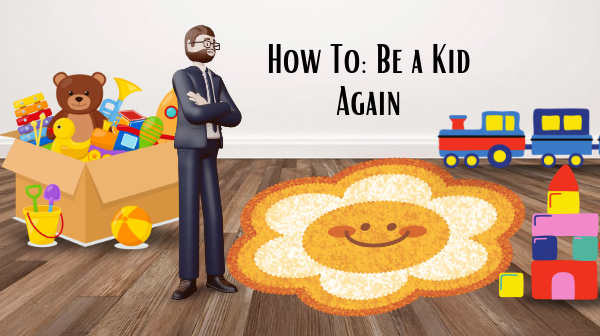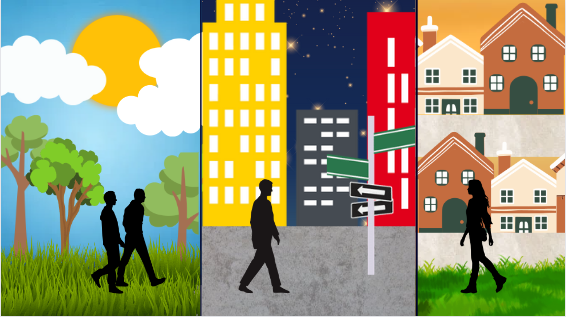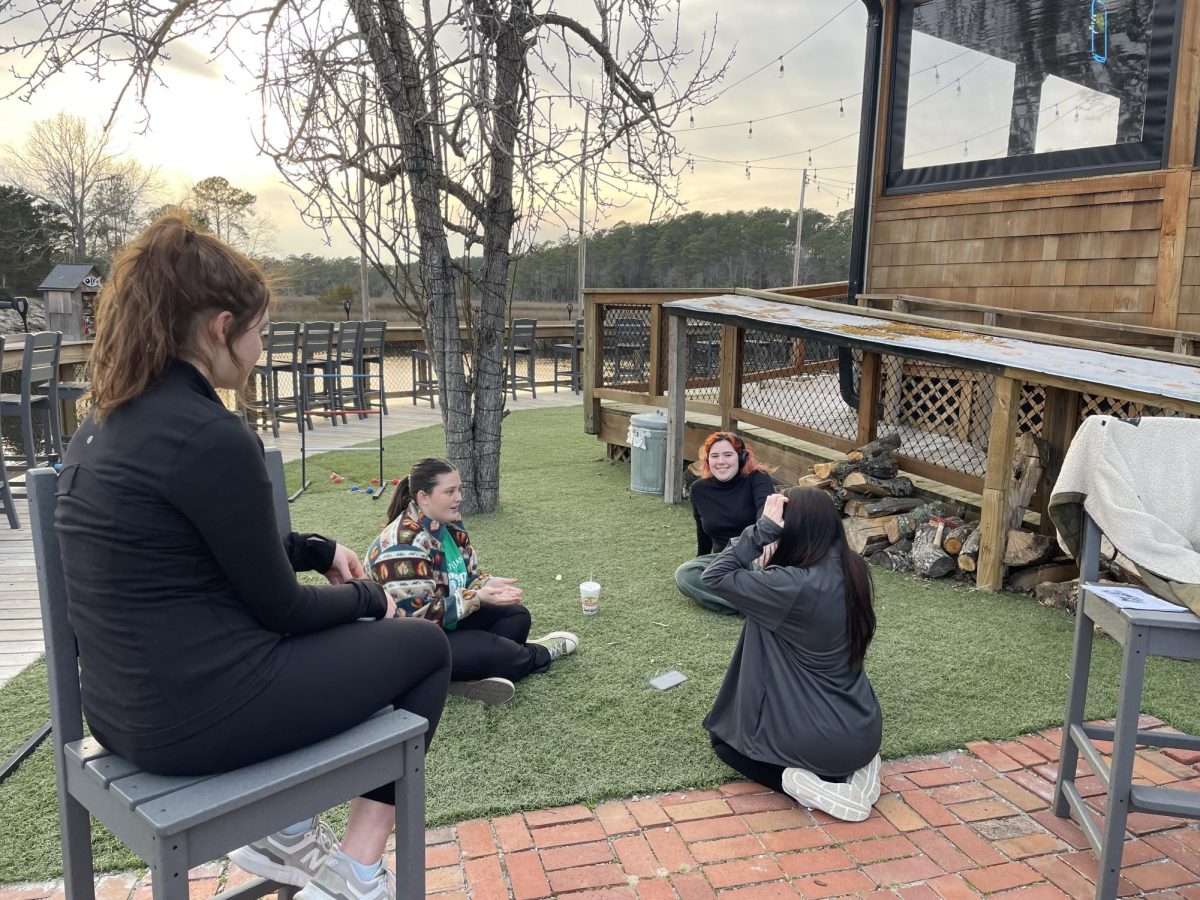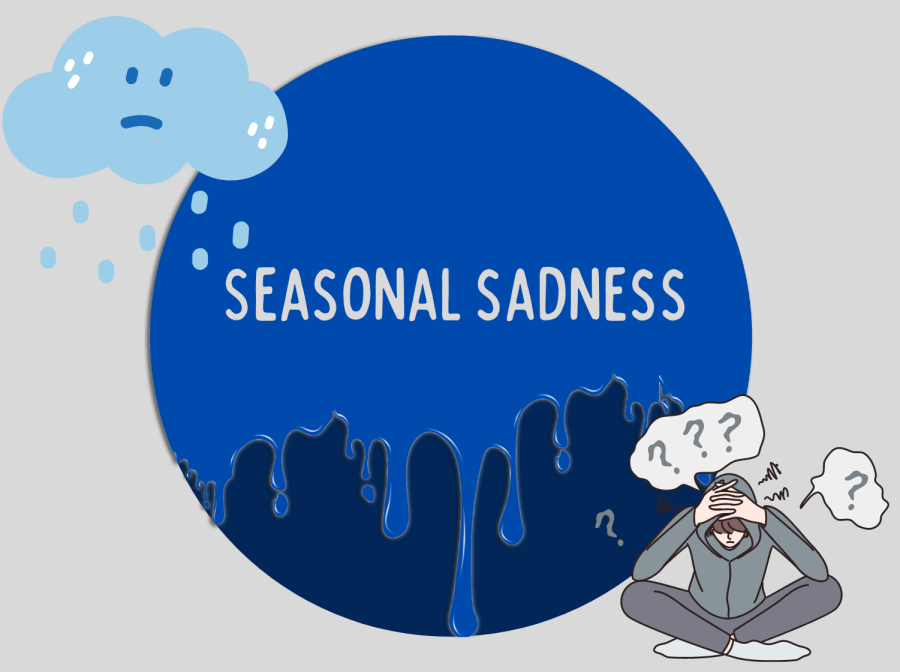Seasonal Sadness
Dec 15, 2022
When the winter months arrive, they bring more than just cold weather and holiday cheer. Many people around the world experience their mood significantly changing with the seasons, but why? Often dismissed as just the “winter blues,” over a million Americans suffer from Seasonal Affective Disorder (SAD). SAD is a disorder that affects the individual’s emotions and overall mood throughout an inevitable seasonal change.
“Once it starts getting colder, I kinda just expect it to get sad, and I expect it to get bad again,” said junior Elyse Mulvany.
Although some may experience SAD in the spring and summer, it’s much more common in the fall and winter. According to a Pfizer article on the topic, this is for a few reasons, the main one being the lack of sunlight. When the winter season comes around, the sun’s rays are hitting the earth at a very shallow angle, which spreads out and decreases the amount of sunlight given at any spot. Typically, the sun’s rays supply us with the vitamin D that our bodies need, which is believed to play a huge role in serotonin production and release (a neurotransmitter believed to act as a mood stabilizer). Because of this reduced sunlight in the winter, and therefore lack of vitamin D, serotonin levels may drop. Those affected by a lack of serotonin may experience heightened fatigue, depression, and anxiety.
“Whenever it’s cold and dark outside, I just wanna wrap up in a blanket, be warm, and do nothing in my house,” said junior MaryJane Sigafoose. “School lines up with it, and it just makes everything worse.”
Reduced sunlight also plays a significant part in our circadian rhythm, our body’s internal clock. Our circadian rhythm is the process our bodies repeat every day to regulate our sleep, and decreased sunlight can bring many issues to this process. Especially with the sun rising later now than in the summer, you may notice it’s a lot harder to wake up in the mornings. This is completely normal and expected, as our bodies are not ready to wake up. With little sunlight, our bodies have no signal to stop the production of melatonin (a sleep-related hormone), making it significantly harder to get out of bed. Poor sleeping habits have been known to be closely linked with signs of SAD like depression and anxiety.
“I think a lot of people who experience this don’t know or understand why,” said Mulvany.
Many people who experience this mood change in the colder months often expect the familiar feelings of SAD, but don’t know why. Although extremely important to recognize and distinguish emotional patterns, it’s just as important to understand them. I encourage anyone who expects their mood to fall in the winter to take the time to understand why they are feeling this way and how they can adapt to the changes.
During this time, monitor your mood, consume as much sunlight as possible, remain active, and be patient with yourself and your surroundings. With this knowledge as to why you may feel the way you do, you can take the steps to adapt yourself to the seasonal changes around you and understand that you are not alone in these tougher times.
It’s not just a ‘me’ thing,” said Mulvany. “I will definitely be more understanding with my feelings and see them from a factual aspect.”






































